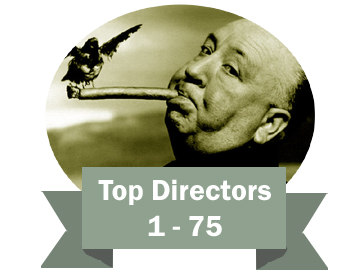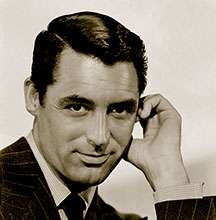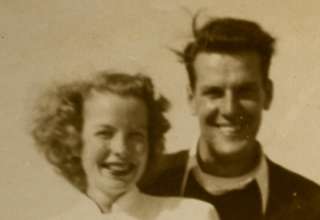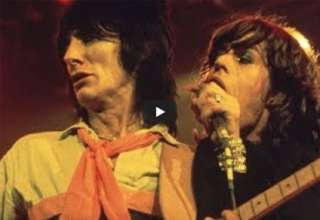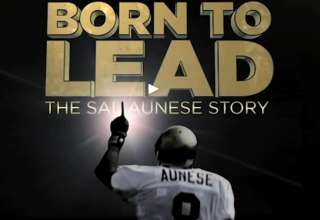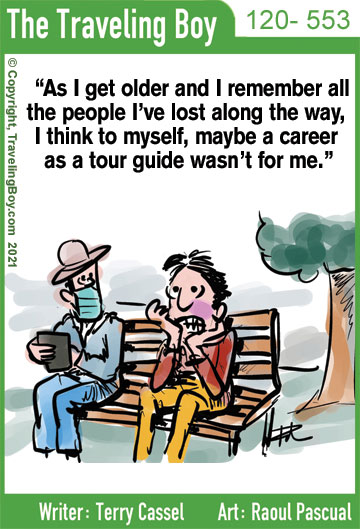In T-Boy’s selection of the greatest film directors of all-time, numbers 76 – 100 is a continuation of Numbers 1 – 75. Your comments are appreciated.
76. Roman Polanski
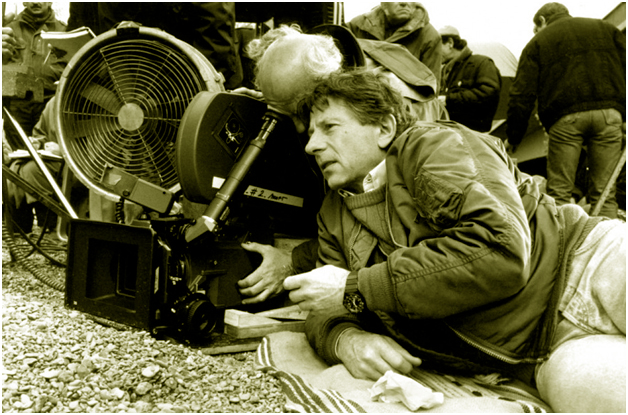
The best films are because of nobody but the director. – Roman Polanski
Films for Review:
- Knife in the Water (1962)
- Rosemary’s Baby (1968)
- Chinatown (1974)
77. Samuel Fuller
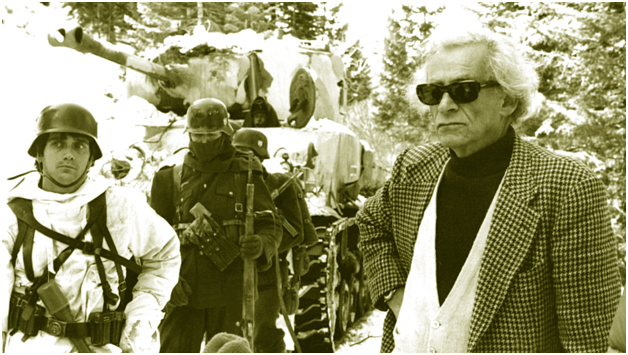
A film is like a battleground. It’s love, hate, action, violence, death… in one word, emotion. – Samuel Fuller
Films for Review:
I Shot Jesse James (1962)
Pickup on South Street (1953)
Shock Corridor (1963)
78. Jean Cocteau
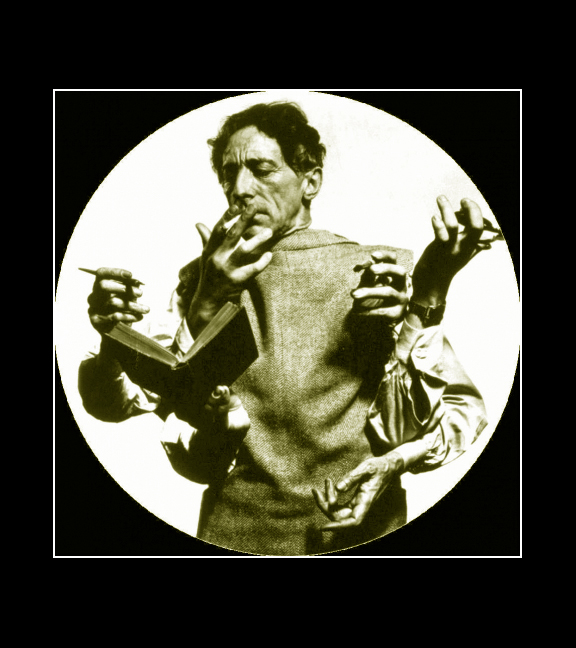
An artist cannot speak about his art any more than a plant can discuss horticulture. – Jean Cocteau
Films for Review:
The Blood of a Poet (1932)
Beauty and the Beast (1946)
Orpheus (1950)
79. Donald Siegel
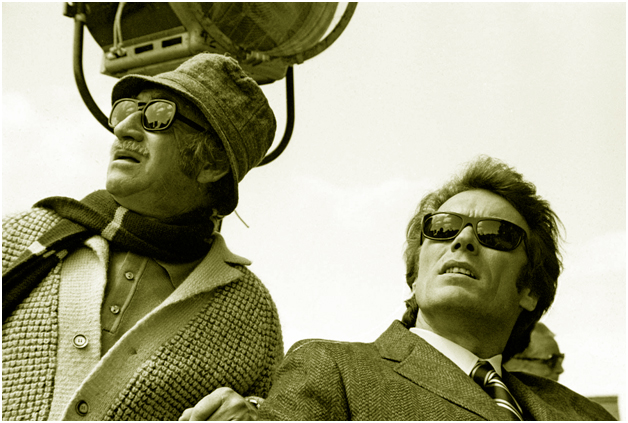
I’ve never had a personal publicity man working for me. – Don Siegel
Films for Review:
- Invasion of the Body Snatchers (1956)
- Dirty Harry (1971)
- Charley Varrick (1973)
80. King Vidor
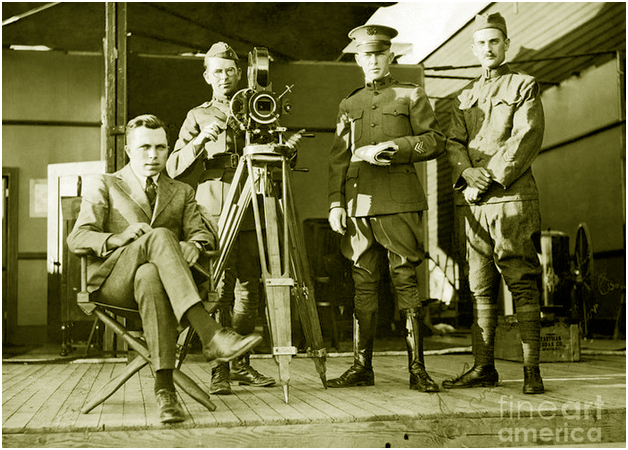
The director is the channel through which a motion picture reaches the screen. – King Vidor.
Films for Review:
- The Big Parade (1925)
- The Crowd (1928)
- Northwest Passage (1940)
81. Wong Kar-wai
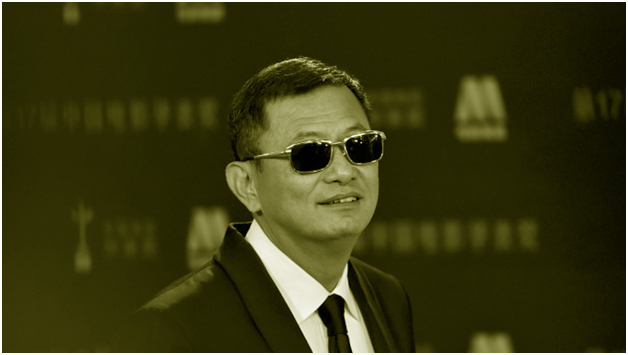
My films are never about what Hong Kong is like, or anything approaching a realistic portrait, but what I think about Hong Kong and what I want it to be. – Wong Kar-wai
Films for Review:
- Chungking Express (1994)
- Fallen_Angels_(1995)
- In the Mood for Love (2000)
82. Leo McCarey
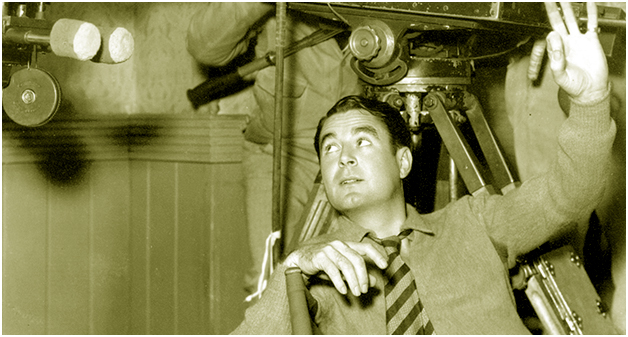
I don’t know what my formula is. I only know I like my characters to walk in clouds. I like a little bit of the fairy tale. Let others photograph the ugliness of the world. I don’t want to distress people. – Leo McCarey
Films for Review:
- Duck Soup (1933)
- The Awful Truth (1937)
- Make Way for Tomorrow (1937)
83. Nagisa Ōshima
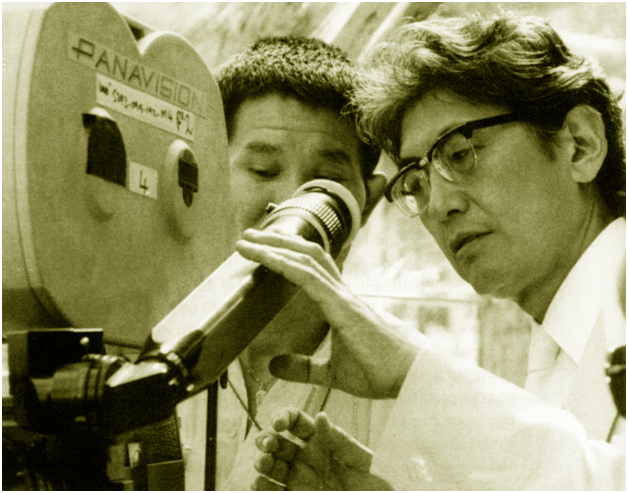
Nothing that is expressed is obscene. What is obscene is what is hidden. – Nagisa Ōshima
Films for Review:
- The Ceremony (1971)
- In the Realm of the Senses (1976)
- Merry Christmas, Mr. Lawrence (1983)
84. Francis Ford Coppola
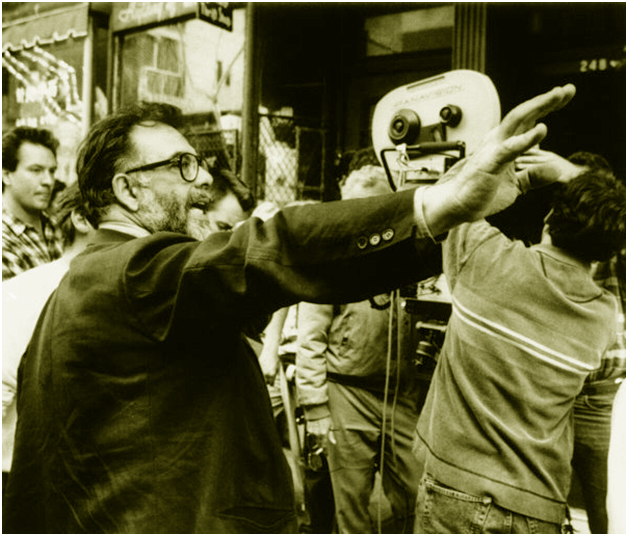
The language of cinema was invented at the turn of the last century by pioneers who were free to experiment but today you can’t dare to experiment. People who control the motion pictures want to make profitable films. Now we’re at a turning point: As artists we can change the world but to do that we need to be free to experiment. – Francis Ford Coppola
Films for Review:
- The Godfather (1972)
- The Conversation (1974)
- The Godfather Part II (1974)
85. Pier Paolo Pasolini
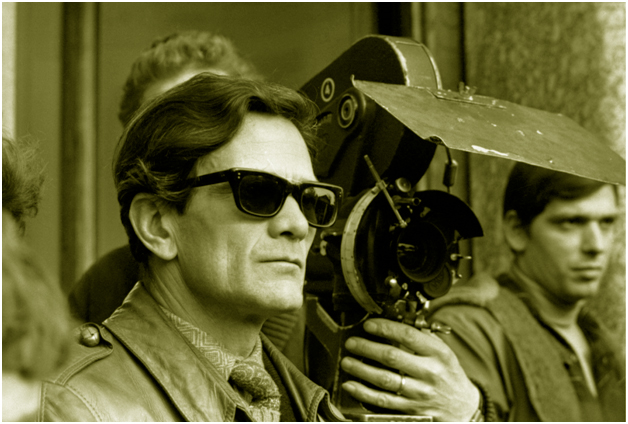
When I make a film I’m always in reality among the trees, and among the people like yourselves. There’s no symbolic or conventional filter between me and reality as there is in literature. The cinema is an explosion of my love for reality. – Pier Paolo Pasolini
Films for Review:
- Accattone (1961)
- The Gospel According to Matthew (1964)
- Teorema (1968)
86. Peter Bogdanovich
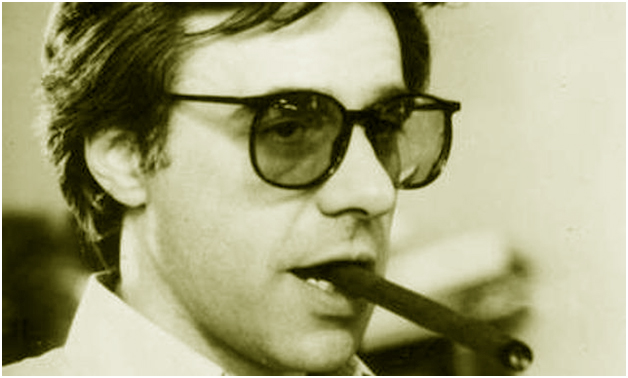
You see so many movies… the younger people who are coming from MTV or who are coming from commercials and there’s no sense of film grammar. There’s no real sense of how to tell a story visually. It’s just cut, cut, cut, cut, cut, you know, which is pretty easy. – Peter Bogdanovich
Films for Review:
- Targets (1968)
- The Last Picture Show (1971)
- Saint Jack (1979)
87. Jane Campion
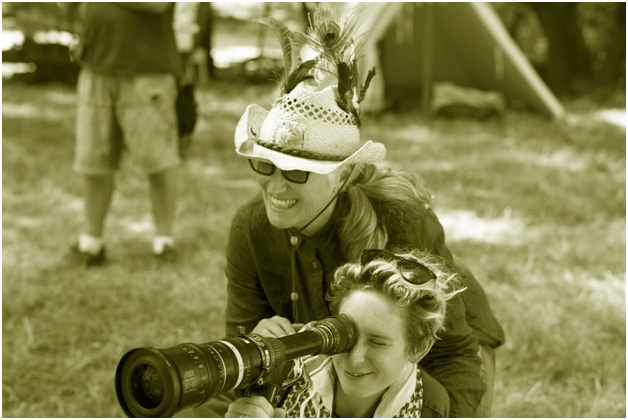
I’m a much better filmmaker than painter. But studying it did make me visually acute and taught me lessons like being economic: Say something once and you don’t have to say it again. – Jane Campion
Films for Review:
- An Angel at My Table (1990)
- The Piano (1993)
- The Power of the Dog (2021)
88. Olivier Assayas
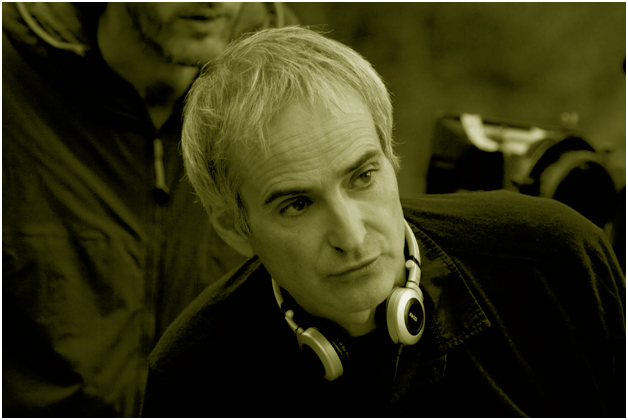
I like to film reality when it’s beautiful, when it’s ugly, when it’s unpleasant, I don’t care. – Olivier Assayas
Films for Review:
- Irma Vep (1996)
- Carlos – TV Miniseries (2010)
- Clouds of Sils Maria (2014)
90. Jean-Marie Straub and Danièle Huillet
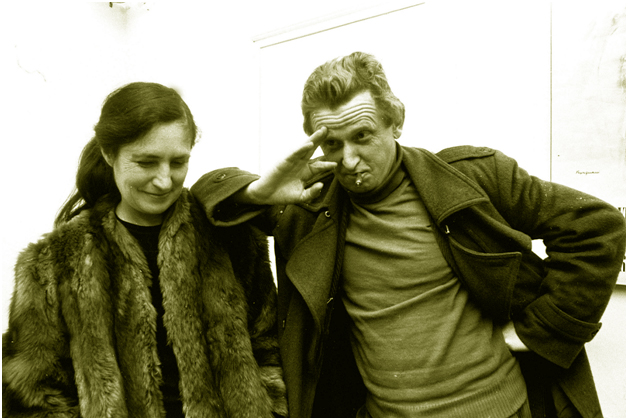
The material and its treatment are purely religious-philosophical. – Jean-Marie Straub
Films for Review:
- Not Reconciled (1965)
- The Chronicle of Anna Magdalena Bach (1968)
- From the Clouds to the Resistance (1979)
91. Woody Allen
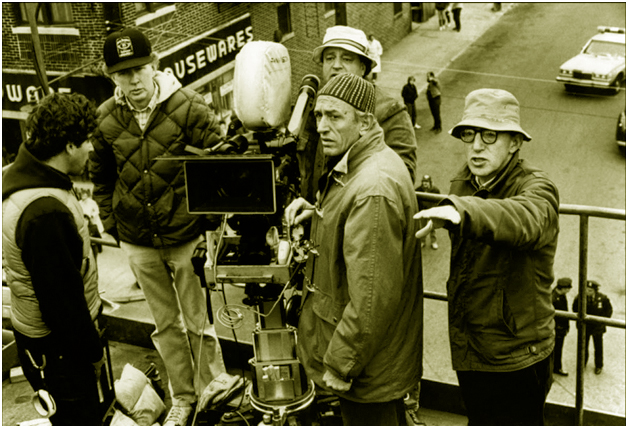
If you’re not failing every now and again, it’s a sign you’re not doing anything very innovative. – Woody Allen
Films for Review:
- Annie Hall (1977)
- Manhattan (1979)
- Hannah and Her Sisters (1986)
92. George Cukor
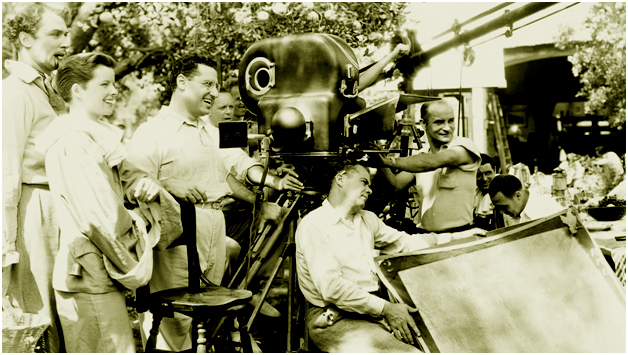
Give me a good script, and I’ll be a hundred times better as a director. Real talent is a mystery, and people who’ve got it, know it. – George Cukor
Films for Review:
- The Philadelphia Story (1940)
- Gaslight (1944)
- Travels with My Aunt (1972)
93. Abel Gance
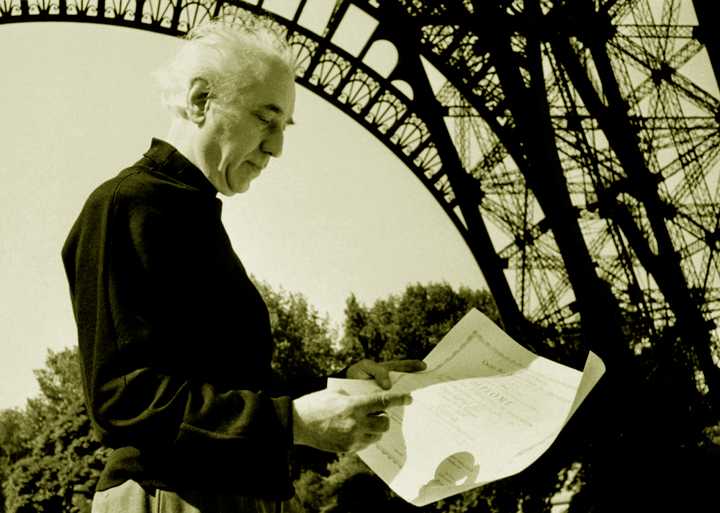
Shakespeare, Rembrandt, Beethoven will make films… all legends, all mythologies and all myths, all founders of religion, and the very religions… await their exposed resurrection, and the heroes crowd each other at the gate. – Abel Gance
Films for Review:
- J’accuse (1919)
- La Roueoue (1923)
- Napoléon (1927)
94. Nicolas Roeg
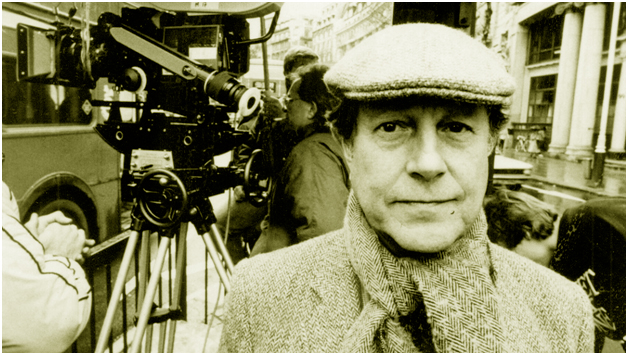
Movies are not scripts – movies are films; they’re not books, they’re not the theatre. – Nicolas Roeg
Films for Review:
- Performance – Co-directed by Donald Cammell. (1970)
- Walkabout (1971)
- Don’t Look Now (1973)
95. Frank Capra
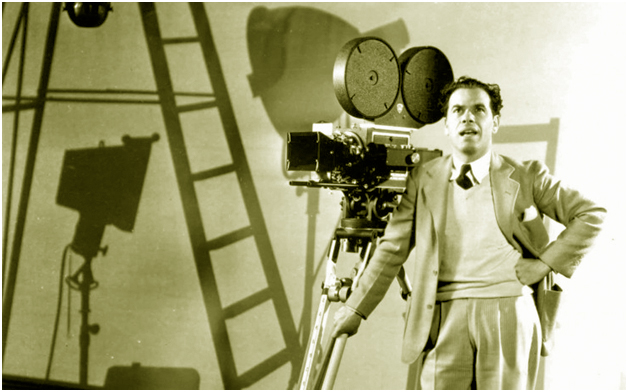
My advice to young filmmakers is this: Don’t follow trends, start them. – Frank Capra
Films for Review:
- It Happened One Night (1934)
- Mr. Smith Goes to Washington (1939)
- It’s a_Wonderful_Life (1946)
96. Bernardo Bertolucci
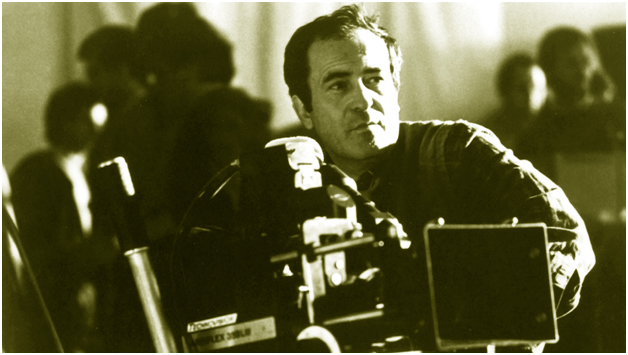
I accept all interpretations of my films. The only reality is before the camera. – Bernardo Bertolucci
Films for Review:
- Before the Revolution (1964)
- The Conformist (1970)
- Last Tango in Paris (1972)
97. Pedro Almodóvar
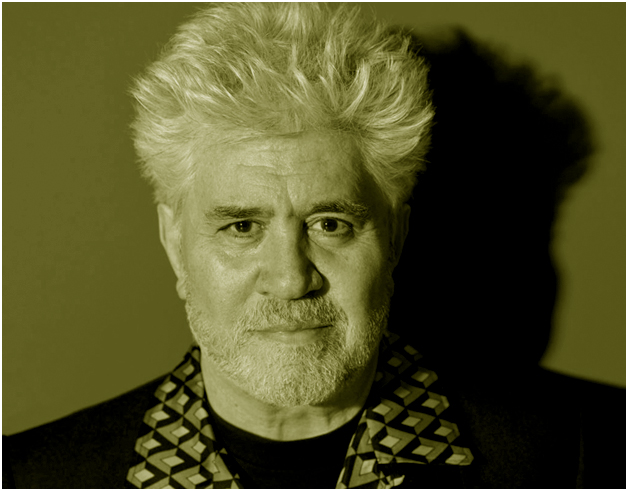
I don’t want to imitate life in movies; I want to represent it. And in that representation, you use the colors you feel, and sometimes they are fake colors. But always it’s to show one emotion. – Pedro Almodóvar
Films for Review:
- All About My Mother (1999)
- Talk to Her (2002)
- The Skin I Live In (2011)
98. Aki Kaurismäki
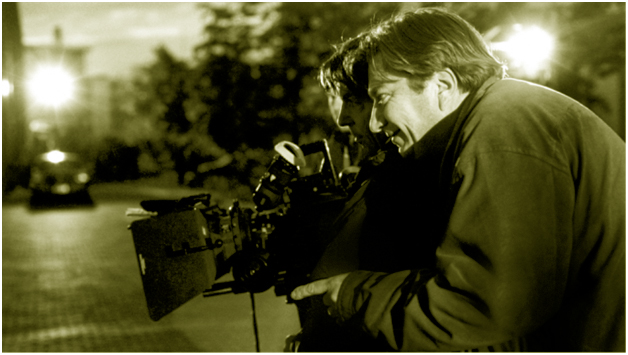
Real film is light; digital is electricity. – Aki Kaurismäki
Films for Review:
- Leningrad Cowboys Go America (1989)
- Man Without a Past (2002)
- Le Havre (2011)
99. René Clair
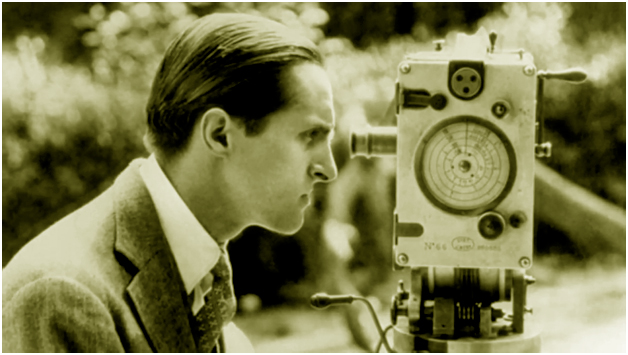
Nothing essential has been added to the art of the motion picture since D.W. Griffith. – René Clair
Films for Review:
- Un chapeau de paille d’Italie (The Italian Straw Hat, 1928)
- Under the Roofs of Paris (1930)
- Le Million (1931)
100. Terrence Malick
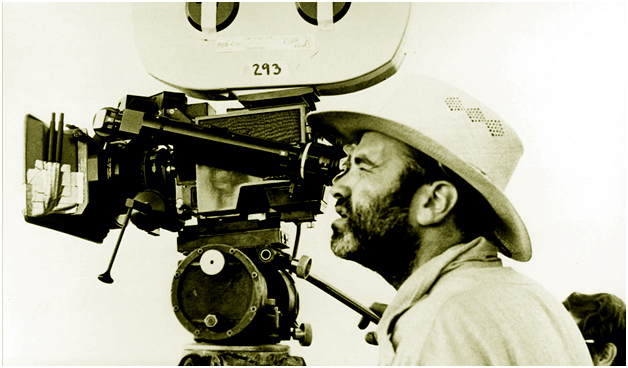
I will be true to you. Whatever comes. – Terrence Malick
Films for Review:
- Badlands (1973)
- Days of Heaven (1978)
- The Thin Red Line (1998)
101. Charles Laughton
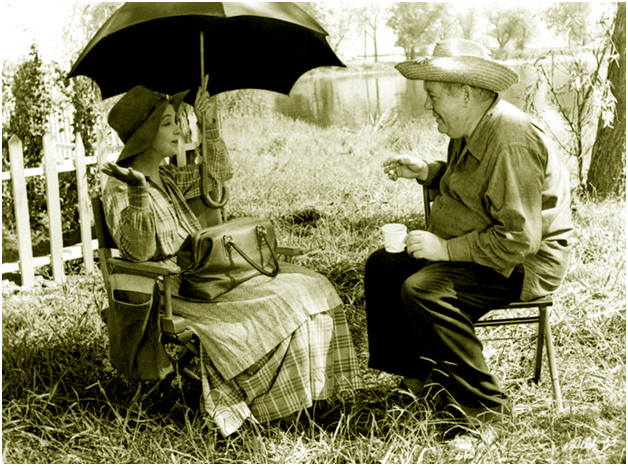
The Night of the Hunter (1955) was the only film that actor Charles Laughton ever directed. The film features Robert Mitchum, Shelley Winters and Lillian Gish, with a screenplay by James Agee; photography by Stanley Cortez, who also shot Orson Welles’ 1942 film The Magnificent Ambersons; produced by his friend Paul Gregory; and art direction by Hilyard M. Brown. In preparation of directing the film, Laughton studied the original nitrate prints of D.W. Griffith’s The Birth of a Nation, Intolerance, and German expressionist films of the 1920s. At the time of its original release, it was a critical and box-office failure, and Laughton never directed again. The Night of the Hunter was cited by Cahiers du Cinéma in 2008 as the second-best film of all time, and has been selected by the United States National Film Registry for preservation in the Library of Congress.
